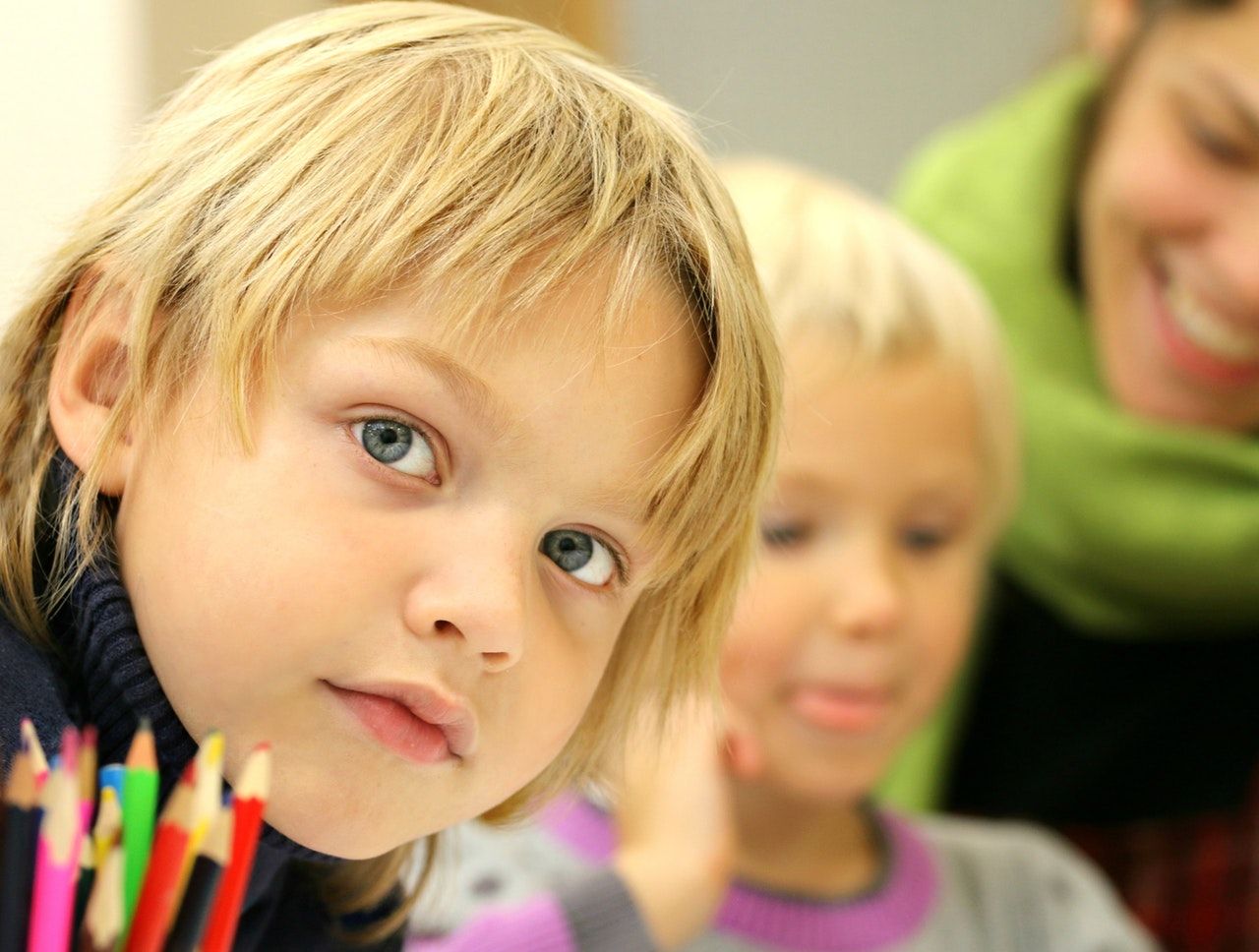The Most Important Lessons Learned In Child Therapy

The Most Important Lessons Learned In Child Therapy
From their first day of life, children learn from the world around them. In fact, many of the lessons and skills learned in childhood set the foundation for who they will become as a future adult. However, parents often find themselves at a loss when trying to help their children navigate mental, emotional or behavioral challenges. Ideally, this is where child therapy comes into play.
Ever heard the saying, “little kid, little problems, big kid, big problems?” Child therapy is a wonderful opportunity for children who are having difficulty at home or at school to address any emotional or behavioral issues before the problems become larger. However, the most important lessons children can learn in therapy varies by age.
Lessons from Child Therapy For Younger Children (Ages 5-9)
One of the biggest lessons for younger children is being able to recognize and verbalize emotions. Through counseling, kids can start to become aware of what they are feeling and how to articulate those feelings to be able to ask for what they need. The next step is learning how to better regulate their emotions with coping skills, which are incorporated into the therapeutic process. At this age, play therapy is a particularly valuable intervention due to the fact that the children have ability to resolve their inner conflicts through play.
Making friends starts to become more practical than in early childhood and more important. Children in therapy can learn socialization skills and how to develop and maintain friendships. In addition to learning how to socialize outside of the family, children between five and nine can begin to understand where they fit into their family system. With the help of a therapist, children can gain perspective to see what they are responsible for and what they are not. For example, in a case where the parent is struggling with issues, the child’s tendency may be to take those issues on as his/her own. However, through counseling, the child can differentiate his/her own experience from his/her parent’s suffering.
Lessons Learned By Tweens and Teens In Therapy
Exploring and developing a sense of identity is an important part of a child’s life from age ten to sixteen. Therapy can help children with this exploration and in developing a healthy world view. External factors outside of the home become more important than ever at this time. Individuation from parents starts to take place. Children want to understand their unique place in the world. They want to know where they fit in their peer groups. Child therapy can help them negotiate their friend groups. Some children also need to explore concerns with gender identity and sexuality at this age.
One of the biggest lessons children and teens can learn is how to challenge negative thinking and question cognitive distortion, such as “black and white” thinking typical to adolescents. These are such important coping skills, which are necessary for a healthy adulthood. They are also aspects of Cognitive Behavioral Therapy that many adults wish they learned when they were younger.
Prevent Future Problems Now
What I want struggling parents to understand is that having a child in therapy is not a weakness; rather, it is a strength. By addressing issues early on, you are setting your child up for a healthier outcome in the future. I hope this list of lessons is helpful.
If your child or someone you know is in need of a child or adolescent therapist in the Nashville area, I am currently accepting new clients. Please feel free to contact me at Olesya@nashvillepsych.com.
Until next time,
Olesya
Olesya Leskel, LPC, MHSP
Licensed Psychotherapist

